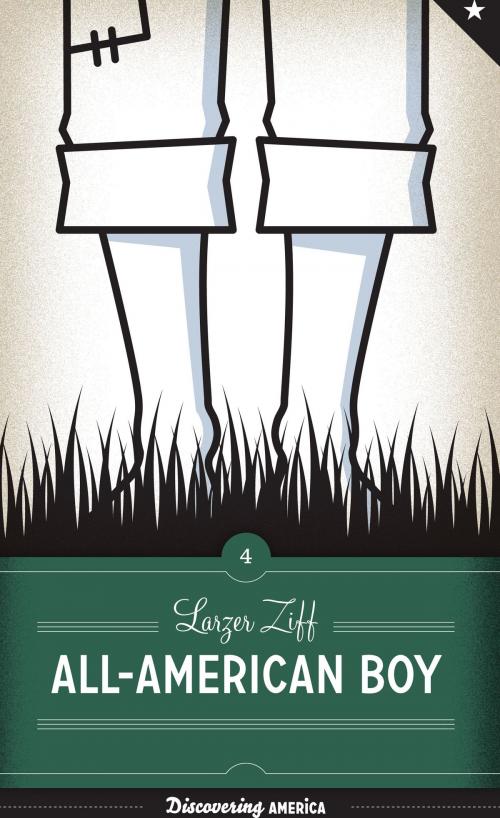All-American Boy
Nonfiction, Social & Cultural Studies, Social Science, Gender Studies, History, Americas, United States| Author: | Larzer Ziff | ISBN: | 9780292745827 |
| Publisher: | University of Texas Press | Publication: | October 1, 2012 |
| Imprint: | University of Texas Press | Language: | English |
| Author: | Larzer Ziff |
| ISBN: | 9780292745827 |
| Publisher: | University of Texas Press |
| Publication: | October 1, 2012 |
| Imprint: | University of Texas Press |
| Language: | English |
From his celebrated appearance, hatchet in hand, in Parson Mason Locke Weems's Life of Washington to Booth Tarkington's Penrod, the all-American boy was an iconic figure in American literature for well over a century. Sometimes he was a "good boy," whose dutiful behavior was intended as a model for real boys to emulate. Other times, he was a "bad boy," whose mischievous escapades could be excused either as youthful exuberance that foreshadowed adult industriousness or as deserved attacks on undemocratic pomp and pretension. But whether good or bad, the all-American boy was a product of the historical moment in which he made his appearance in print, and to trace his evolution over time is to take a fresh view of America's cultural history, which is precisely what Larzer Ziff accomplishes in All-American Boy.
Ziff looks at eight classic examples of the all-American boy—young Washington, Rollo, Tom Bailey, Tom Sawyer, Ragged Dick, Peck's "bad boy," Little Lord Fauntleroy, and Penrod—as well as two notable antitheses—Huckleberry Finn and Holden Caulfield. Setting each boy in a rich cultural context, Ziff reveals how the all-American boy represented a response to his times, ranging from the newly independent nation's need for models of democratic citizenship, to the tales of rags-to-riches beloved during a century of accelerating economic competition, to the recognition of adolescence as a distinct phase of life, which created a stage on which the white, middle-class "solid citizen" boy and the alienated youth both played their parts.
From his celebrated appearance, hatchet in hand, in Parson Mason Locke Weems's Life of Washington to Booth Tarkington's Penrod, the all-American boy was an iconic figure in American literature for well over a century. Sometimes he was a "good boy," whose dutiful behavior was intended as a model for real boys to emulate. Other times, he was a "bad boy," whose mischievous escapades could be excused either as youthful exuberance that foreshadowed adult industriousness or as deserved attacks on undemocratic pomp and pretension. But whether good or bad, the all-American boy was a product of the historical moment in which he made his appearance in print, and to trace his evolution over time is to take a fresh view of America's cultural history, which is precisely what Larzer Ziff accomplishes in All-American Boy.
Ziff looks at eight classic examples of the all-American boy—young Washington, Rollo, Tom Bailey, Tom Sawyer, Ragged Dick, Peck's "bad boy," Little Lord Fauntleroy, and Penrod—as well as two notable antitheses—Huckleberry Finn and Holden Caulfield. Setting each boy in a rich cultural context, Ziff reveals how the all-American boy represented a response to his times, ranging from the newly independent nation's need for models of democratic citizenship, to the tales of rags-to-riches beloved during a century of accelerating economic competition, to the recognition of adolescence as a distinct phase of life, which created a stage on which the white, middle-class "solid citizen" boy and the alienated youth both played their parts.















